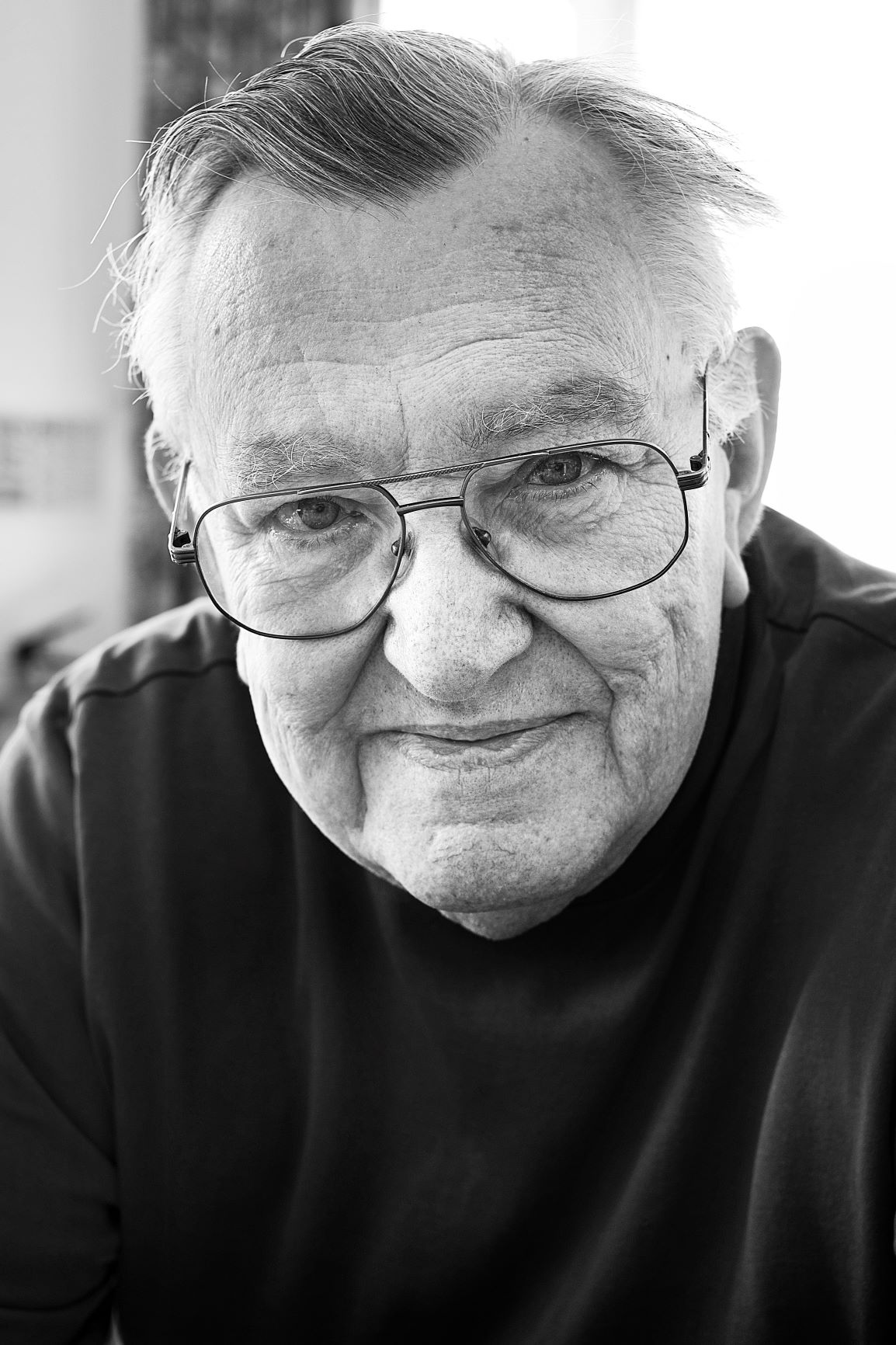 I can only assume that reporters at my local newspaper were light on features that week, for my return to Harlow to be worthy of editorial space. The headline ‘Disgruntled Migrant Returns’ was the reporter’s reaction, near-disbelief that someone who was given an opportunity to leave Harlow for a life in Australia should feel the need to return. With an air of diplomacy I explained to the reporter in detail that Australia wasn’t Shangri-La and in all honesty I preferred England.
I can only assume that reporters at my local newspaper were light on features that week, for my return to Harlow to be worthy of editorial space. The headline ‘Disgruntled Migrant Returns’ was the reporter’s reaction, near-disbelief that someone who was given an opportunity to leave Harlow for a life in Australia should feel the need to return. With an air of diplomacy I explained to the reporter in detail that Australia wasn’t Shangri-La and in all honesty I preferred England.
I first came to Harlow in 1960 when I began teaching at Brays Grove School. In 1964 I was given an opportunity to teach in Australia; which on the face of it sounded idyllic – a two-year contract doing my job in perpetual sunshine. However, upon arrival in Australia I quickly learned that it might not be the utopia I had assumed. First and foremost, the climate. When it’s hot it’s too hot, and when it’s humid it’s too humid – there was never a happy medium. Then there was something referred to as the six o’clock swill. Decades before I’d arrived, as a way of improving public morality, the mandatory closing time for pubs was 6pm. What I observed was that far from quelling excessive drinking, in my opinion it perpetuated it. I played no part in such behaviour, but witnessed a culture of after-work speed drinking, the sole aim being to down as much alcohol before the clock chimed six.
'we felt proud to be part of the town and grateful for what it has given us'
Another thing I struggled to deal with was the quite extraordinary divide when socialising between men and women. The behavioural patten of each gender having their respective zone wasn’t confined to just pubs – it had made its way into Australian homes. When me and my wife were invited to someone’s home for dinner, men would be in the lounge drinking beer while women were ushered to the kitchen to drink tea. I’m positive it’s changed for the better now, but for us it was as if we were stepping back in time to an era our parents lived through. Don’t get me wrong, Australia is a beautiful place, but the decision to return home is one I’ve never regretted.
Upon my return to Harlow I stepped straight back into teaching maths. My first placement was at Latton Bush School, followed by St Mark’s, Stewards, then a short stint teaching in London before returning to Brays Grove, where I’d more or less started, until my retirement in the early 1990s.
I’ve noticed people’s attitudes towards Harlow change. During the 60s and 70s Harlow was a town full of optimism. We welcomed newcomers, who were attracted to the town by the plentiful supply of jobs. With such a high number of young families, Harlow was widely referred to as ‘pram town’. This new generation resulted in Harlow’s population being raised by 30,000 within two decades. We had a wide circle of friends and active social lives – we never did feel lost or alone. New schools and wonderful facilities; we felt as if we were pioneers in a significant social experiment.
The shopping precincts dotted around town were a hive of activity. The Stow, my preferred choice, was the first of such kind to be completed. In those days it had a road running through the centre of it, lined on either side by banks, bakers, butchers – shops of every sort. The shopkeepers were pillars of the community that everyone knew and respected: Wally Pike at the Fishmongers (yes, that was his name) and the grocery shop International Stores, run by Mr Fog. At the southern end sits Moot House; a reminder of Old Harlow. This grand building was once home to the incumbent of nearby church St Mary-at-Latton – which I attend and support. Moot House was a hub of activity. It was very much the case that if you wanted to establish a club you were supported. For many years I was heavily involved in the Moot House Players, a long-running theatre company.
The history and development of Harlow New Town fascinates me – something I take great personal pride in researching and sharing. Our three children, all educated in the town, have gone on to great things – a vicar, a commander in the Royal Navy and a successful musician who is currently dealing with the demise of The Square.
I accept that times have changed. However, I resist the temptation to play the blame game and remain positive towards Harlow. Myself and my wife have always been very happy living here. Throughout our lives in Harlow we’ve felt proud to be part of the town and grateful for what it has given us. We can say this with the knowledge of having experienced life in another country.
